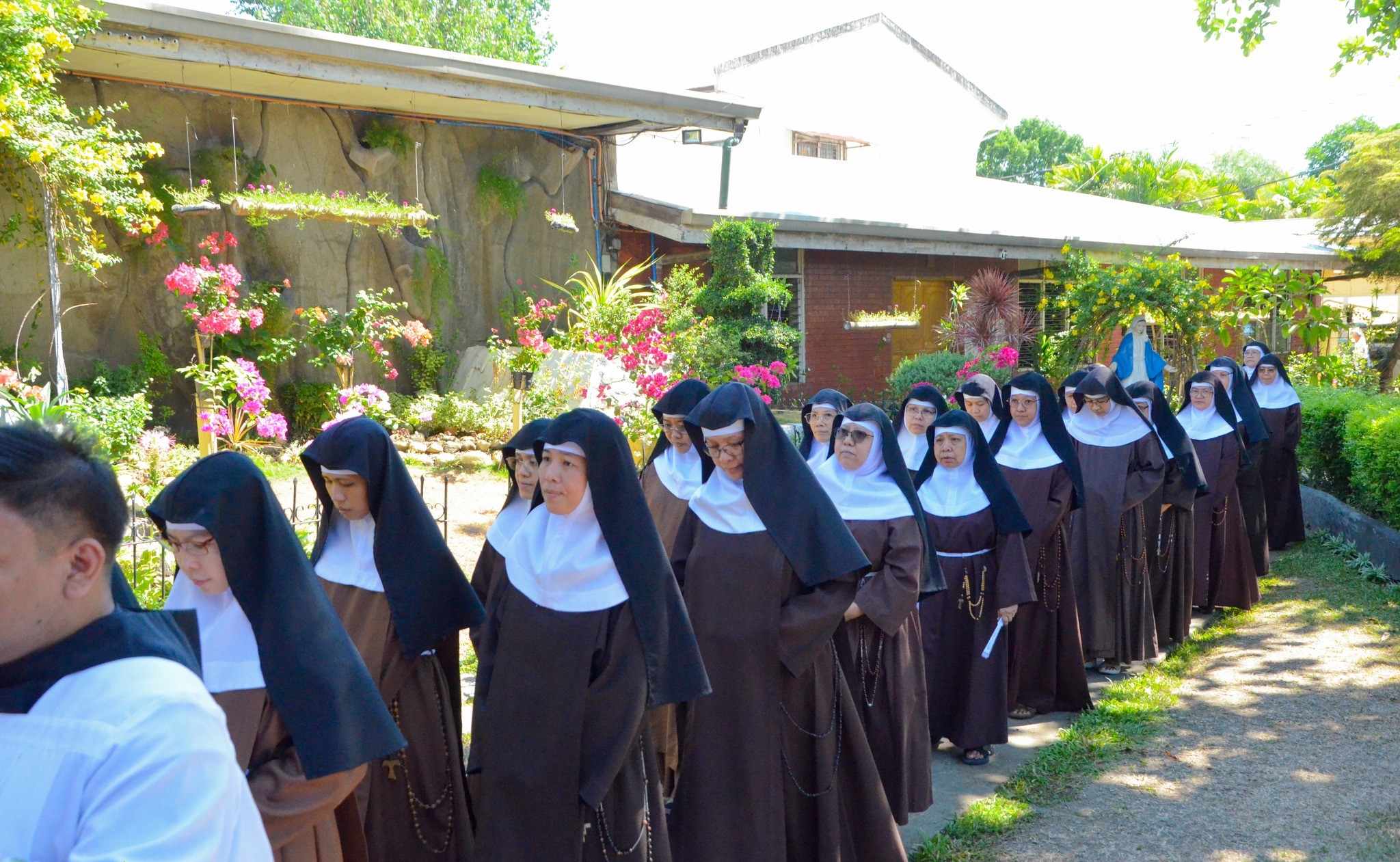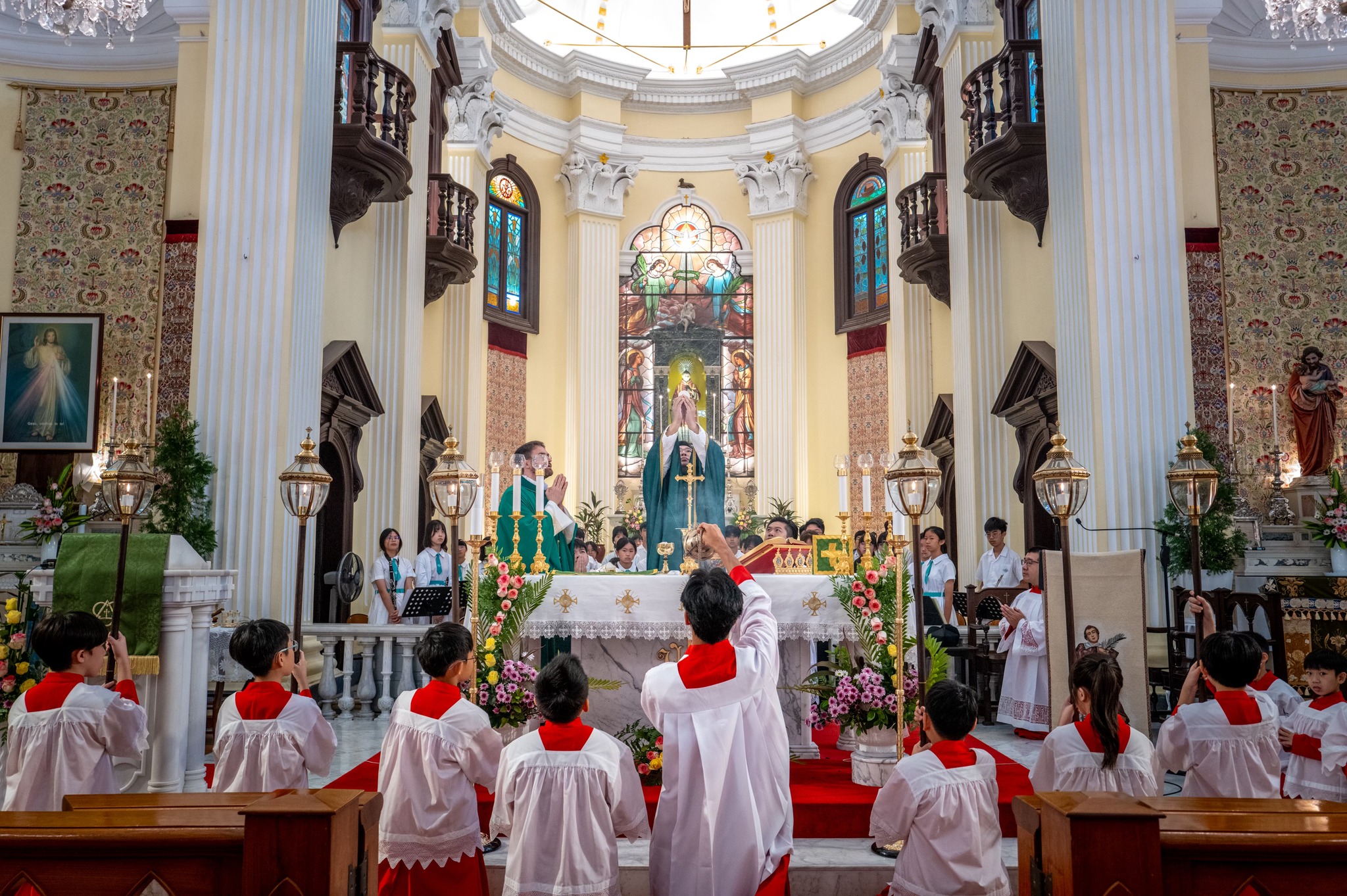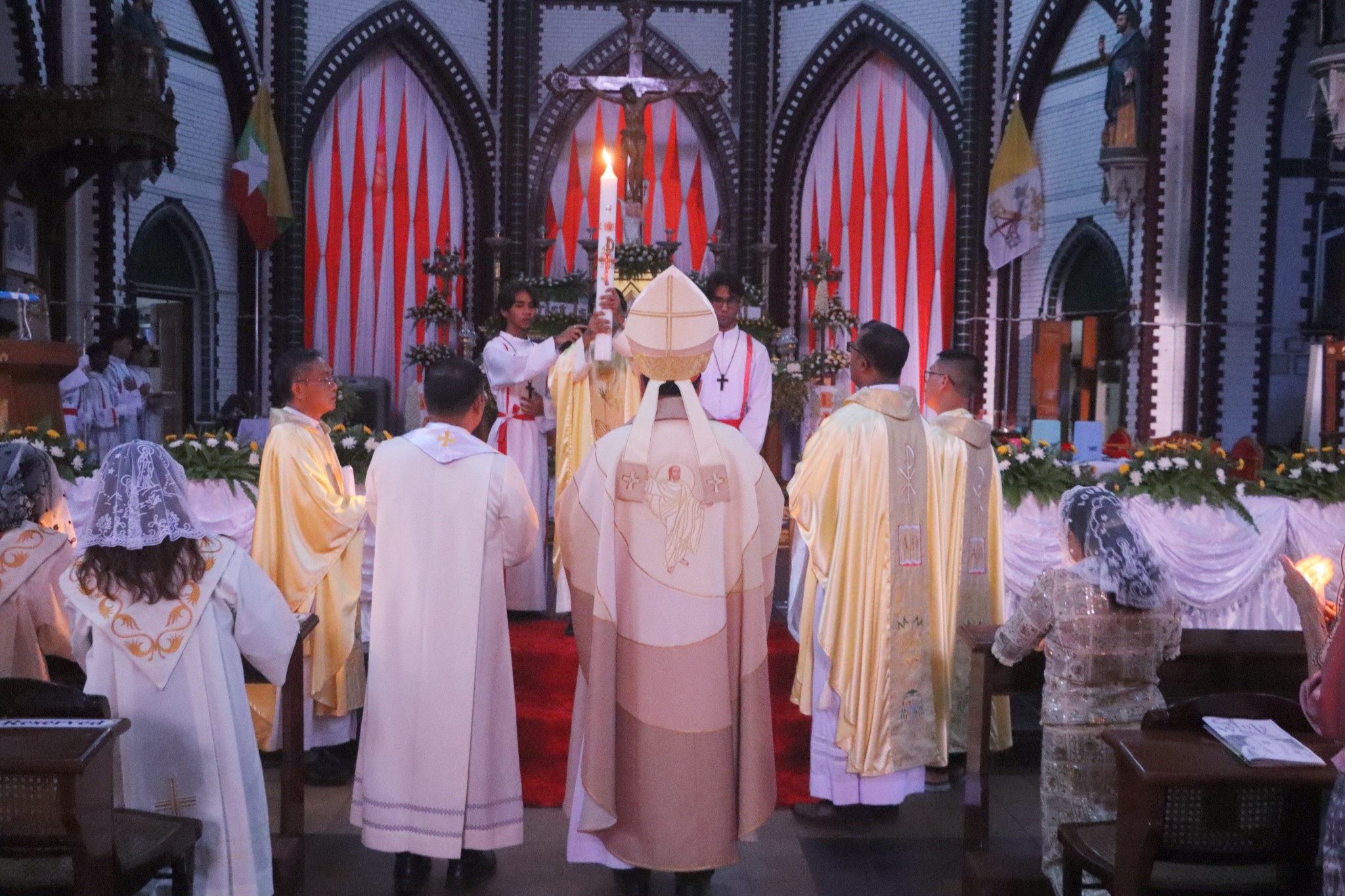Fr. Eduardo Emilio Aguero, SCJ
The readings for this Sunday invite us into a profound meditation on the nature of wisdom, freedom, and the cost of discipleship. They challenge us to reorient our lives around the Gospel, to see with spiritual clarity, and to walk with courage as pilgrims of hope.
Wisdom 9:13–18: The Gift That Illuminates Our Path
This text opens with a humbling truth: “Who can learn the counsel of God? Or who can discern what the Lord intends?” These words remind us that human reasoning alone cannot grasp the divine plan. God’s counsel, intention, and designs are veiled to us unless He Himself grants us wisdom. It is not a mere intellectual virtue, but a spiritual gift that enables us to see life through God’s eyes. Wisdom is not passive—it manifests in action. The text affirms that God makes straight the paths of those on earth. This is a promise of guidance, of clarity amid confusion. We are not left to wander aimlessly. As pilgrims of hope, we journey through this life trusting that God, in His mercy, will illuminate our steps if we seek Him sincerely.
Psalm 90: Teach Us to Number Our Days Aright
The psalmist echoes this longing for divine perspective: “Teach us to number our days aright, that we may gain wisdom of heart.” In every age, the Lord has been our refuge. This is not just poetic sentiment—it is a declaration of trust. To number our days aright is to live with awareness, to recognize the fleeting nature of life and the eternal weight of our choices. It is to live wisely, knowing that each moment is a gift and each decision a step toward or away from the Kingdom.
Philemon 9–17: Freedom in Christ
In the second reading, we encounter Paul writing from prison. Though physically confined, Paul is spiritually free. He speaks of Onesimus, a slave who has now become a brother in Christ. The interplay of “slave” and “free” is striking. In Christ, these categories dissolve. This is wisdom in action: to see beyond appearances, beyond worldly definitions of worth and freedom. Paul’s appeal is not based on law but on love. He invites Philemon to receive Onesimus no longer as a slave but as more than a slave, a beloved brother. The Gospel transforms relationships, redefines identity, and liberates us from the chains of status, possession, and pride.
Luke 14:25–33: The Cost of Discipleship
Jesus’ words in the Gospel of Luke are radical and uncompromising: “Anyone of you who does not renounce all possessions cannot be my disciple.” He speaks of family, wealth, and personal plans—not to condemn them, but to place them in their proper context. These are good gifts, but they must be surrendered to the greater good of the Kingdom. Discipleship is not a part-time commitment. It demands total reorientation. Christ must be at the center, and everything else must revolve around Him. To renounce is not to despise, but to release—to recognize that all we have is not ours to possess, but to offer. We are stewards, not owners. Our gifts, talents, and resources are entrusted to us for the mission of the Church and the glory of God.
A Living Example: Marian’s Joyful Surrender
I am reminded of my friend Marian, a brilliant young Filipino woman with a promising academic future. She had passed the board exam and was ready to embark on a successful career as a teacher. But at that very moment, the Lord called her to follow Him more radically. Her decision was met with resistance. Her family worried about her aging parents. Her friends called her reckless. Yet, Marian’s heart was set on Christ. As her spiritual director, I accompanied her to visit several religious communities. She chose the strictest one: the Poor Clares, in a faraway monastery in the mountains of Mindanao.
Three months later, I visited her. Concerned for her well-being, I gently asked if she was sure about her choice. Before I could finish, she interrupted me and said, “Father Ed, I would not change this life for nothing in the world.” Her eyes sparkled with the joy of Jesus. She had found the pearl of great price and gladly sold everything to possess it. Marian’s story is a living parable of today’s Gospel. She renounced not only possessions but also expectations, comforts, and even familial approval. And in doing so, she discovered true freedom—the kind that only Christ can give. We are pilgrims of hope, walking through a world that often values wealth, status, and comfort above all. But today’s readings remind us that true wisdom comes from God, and it leads us to freedom, love, and radical discipleship.
Let us ask for this wisdom. Let us number our days aright. Let us see with the eyes of Christ, and use all that we have—our time, our talents, our relationships—for the mission of the Church and the glory of God.
May we, like Marian, find the joy of Jesus and say with conviction: I would not change this life for anything in the world.


 Follow
Follow


